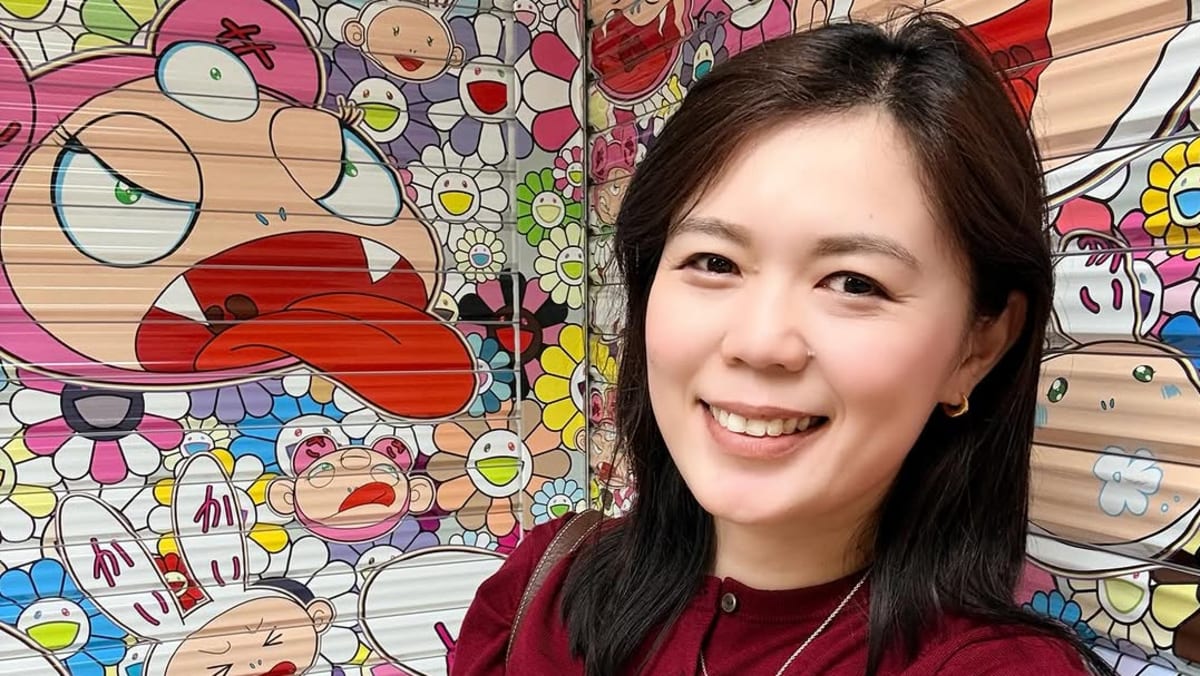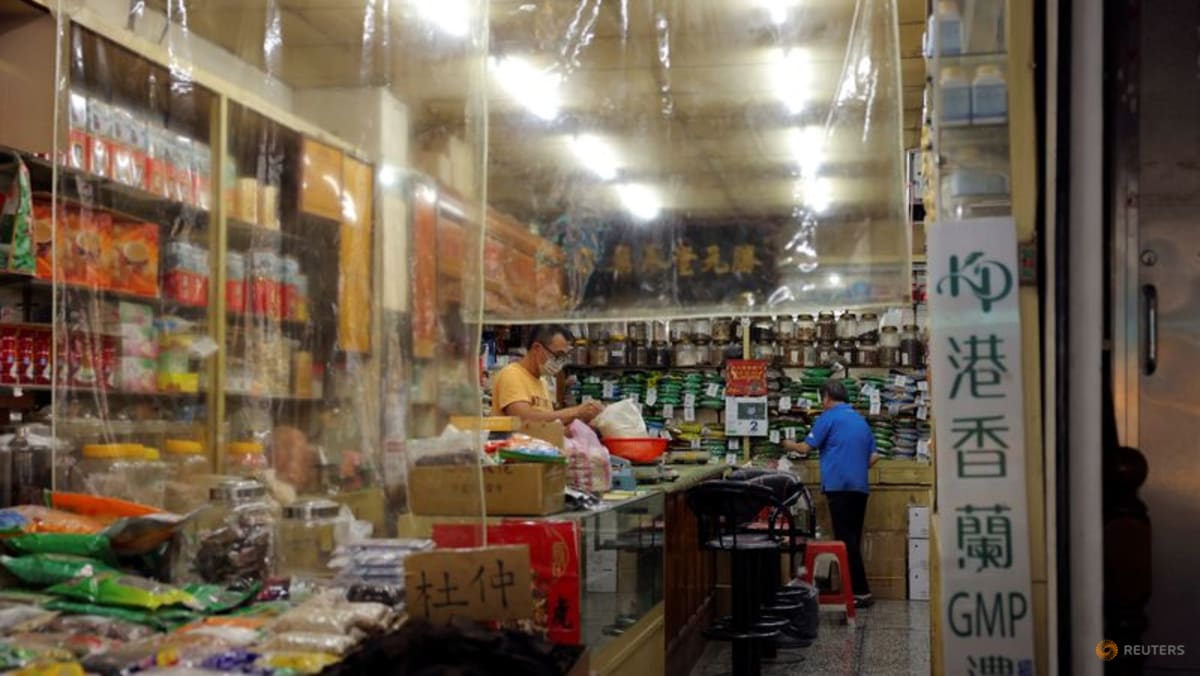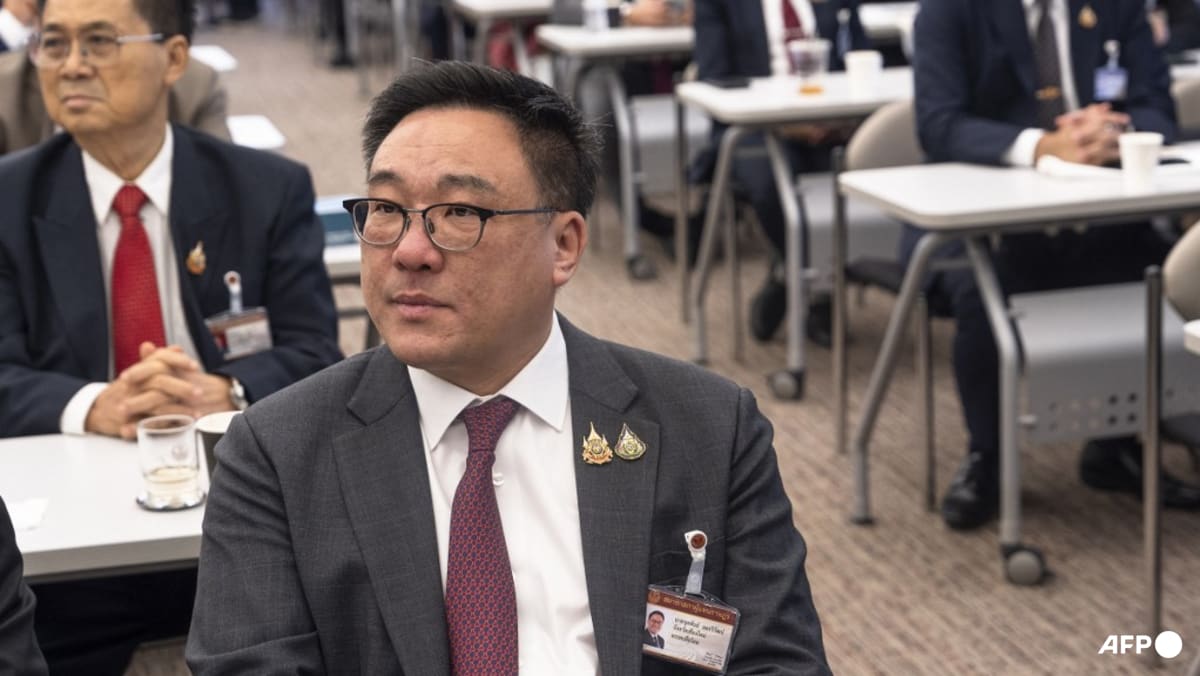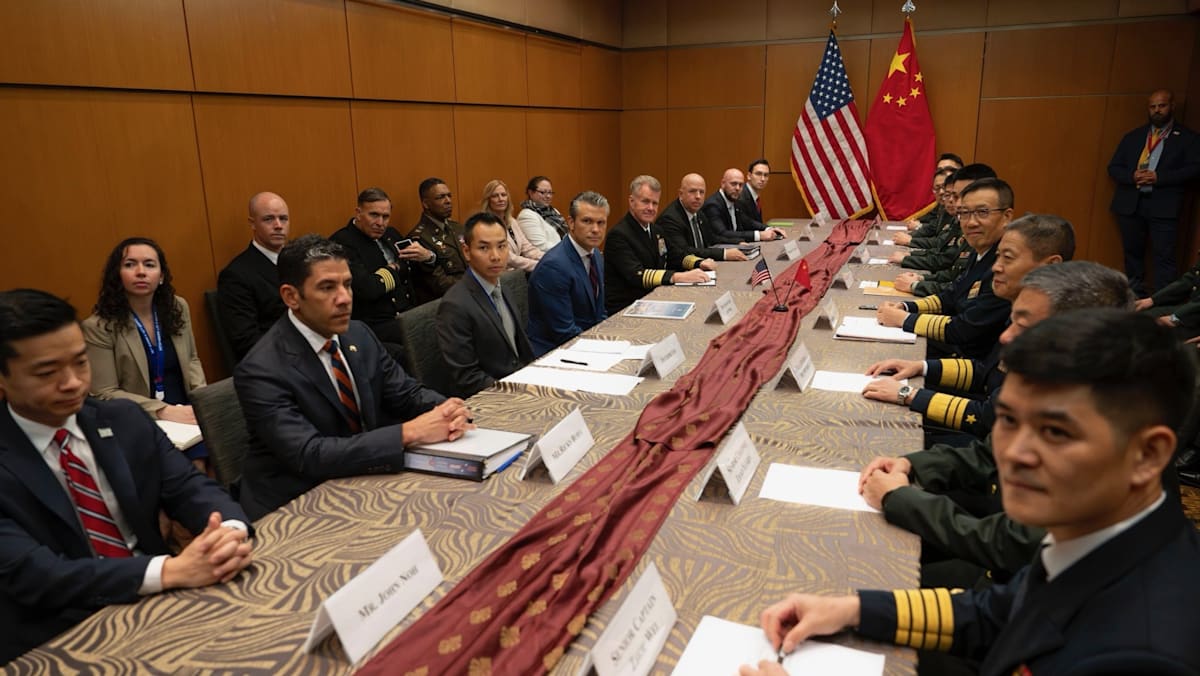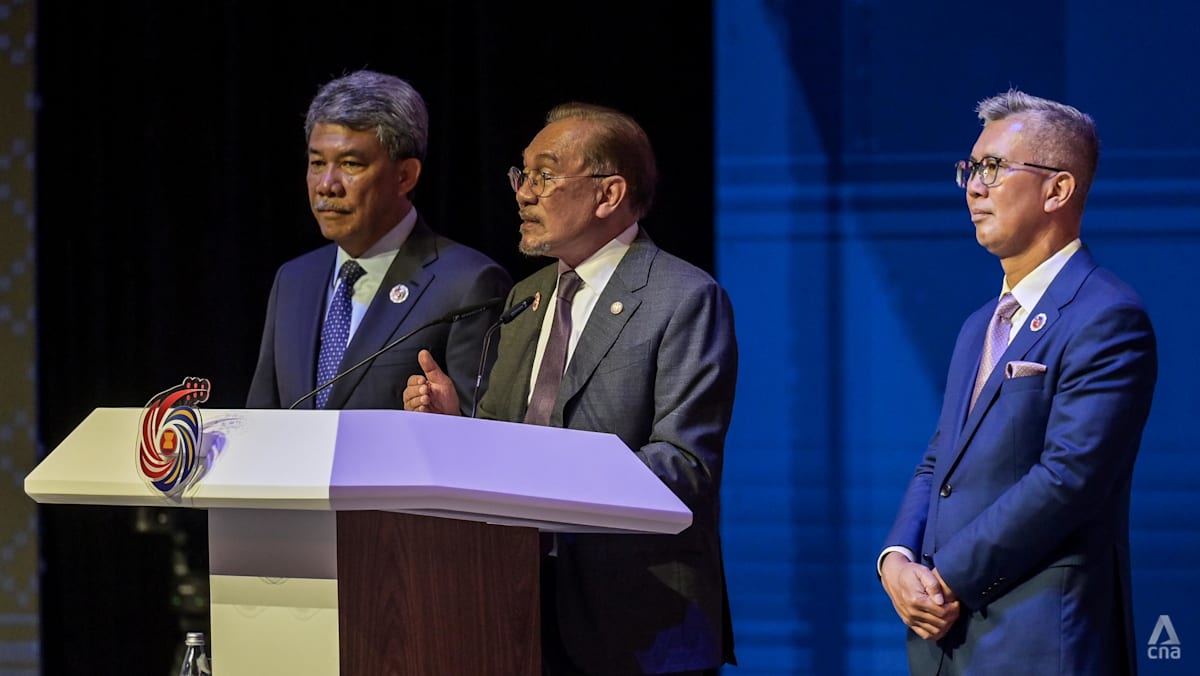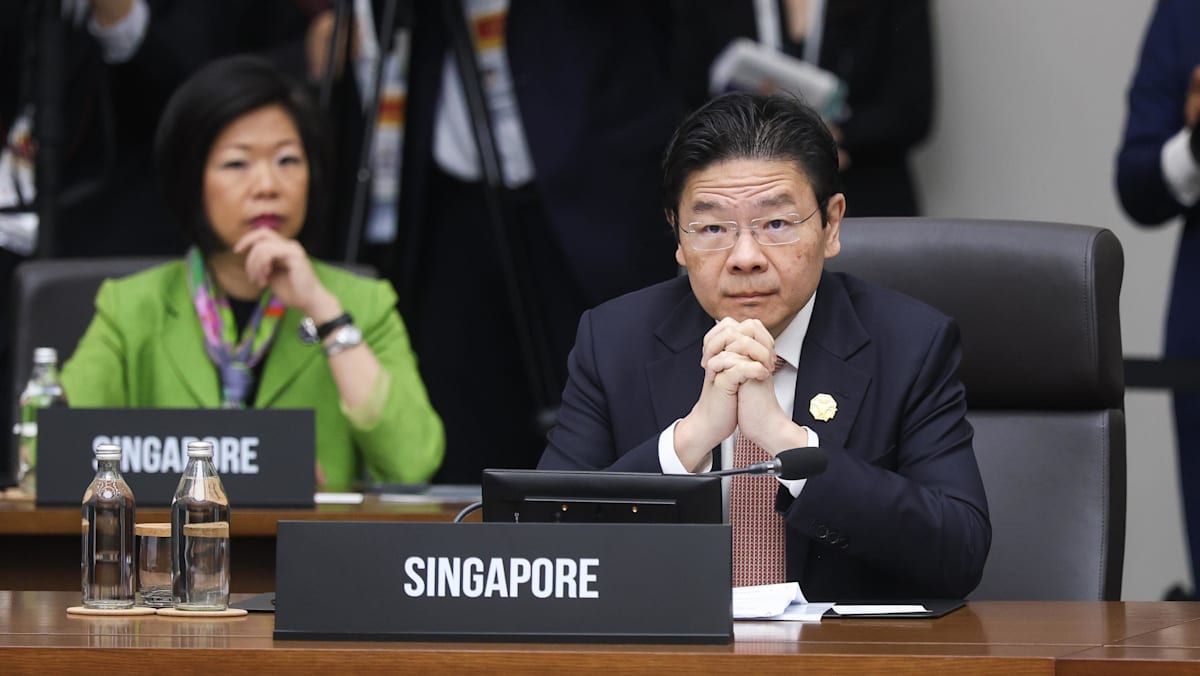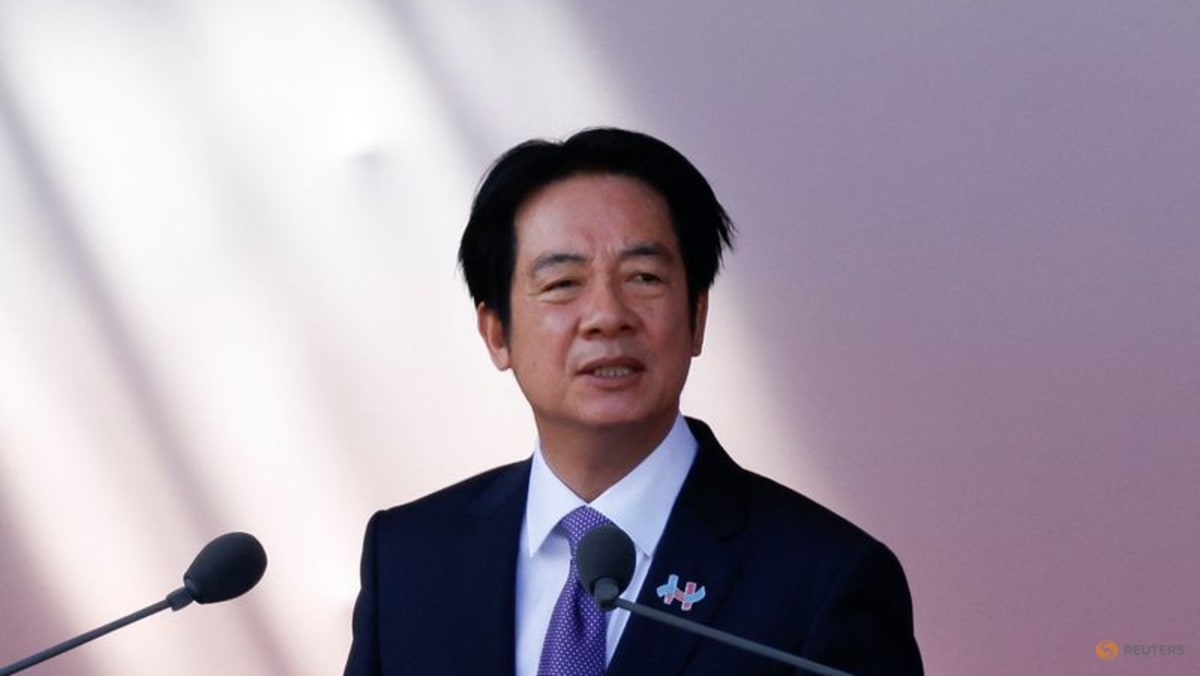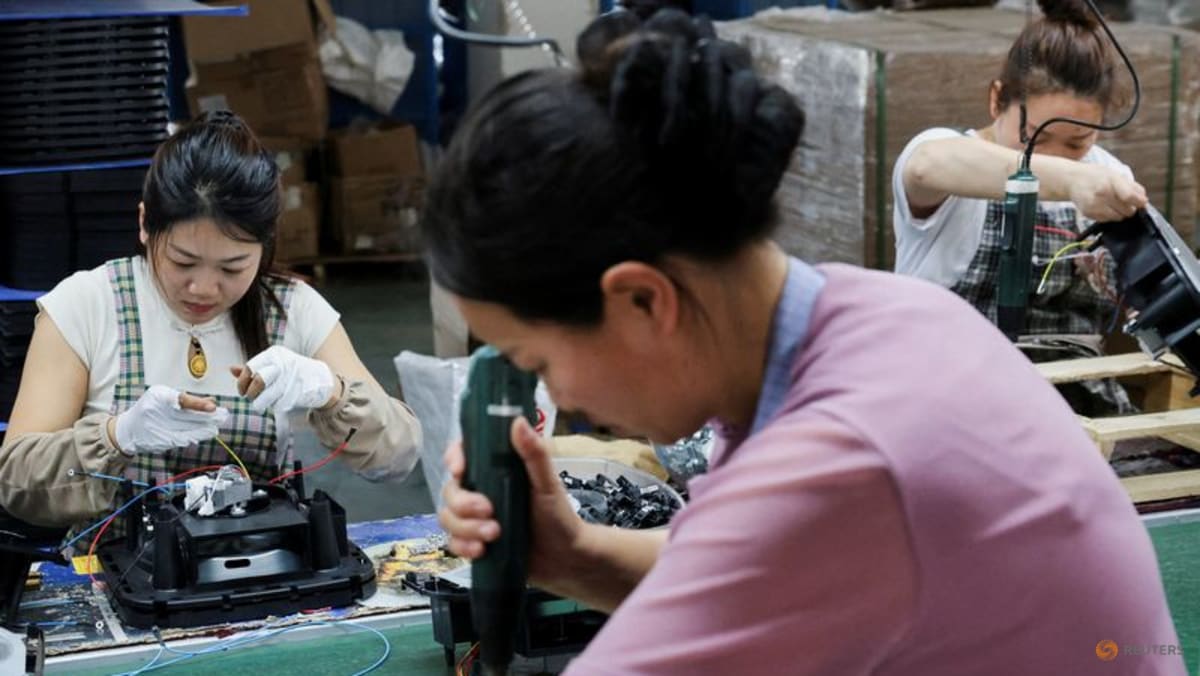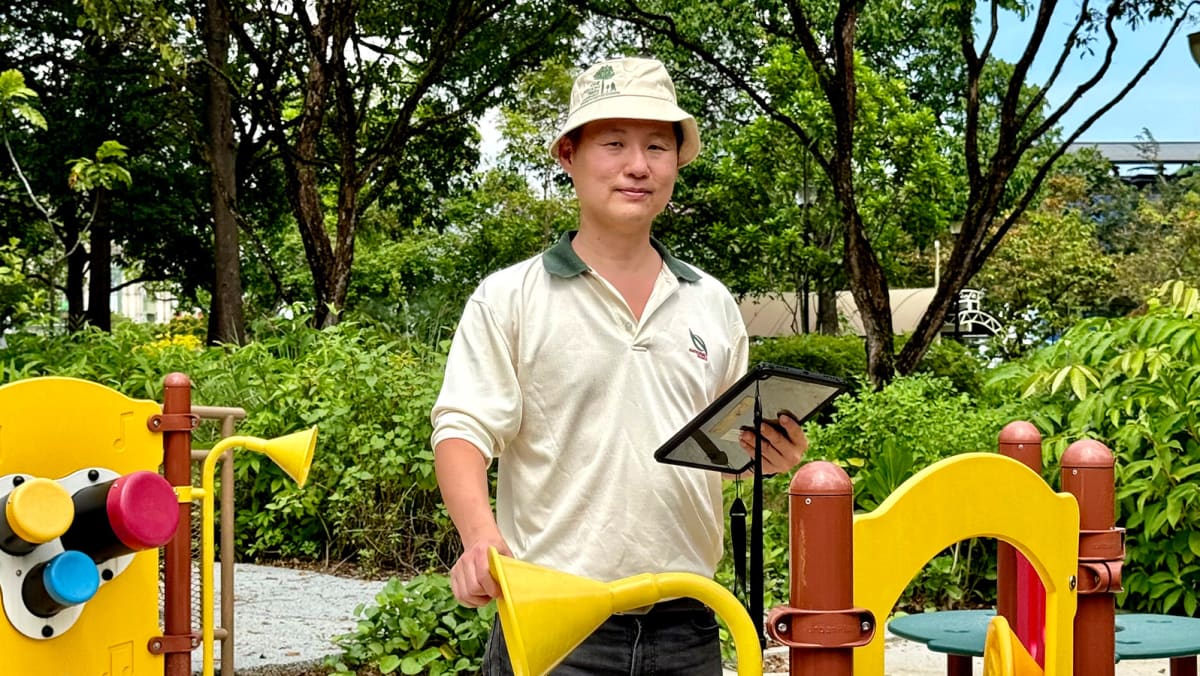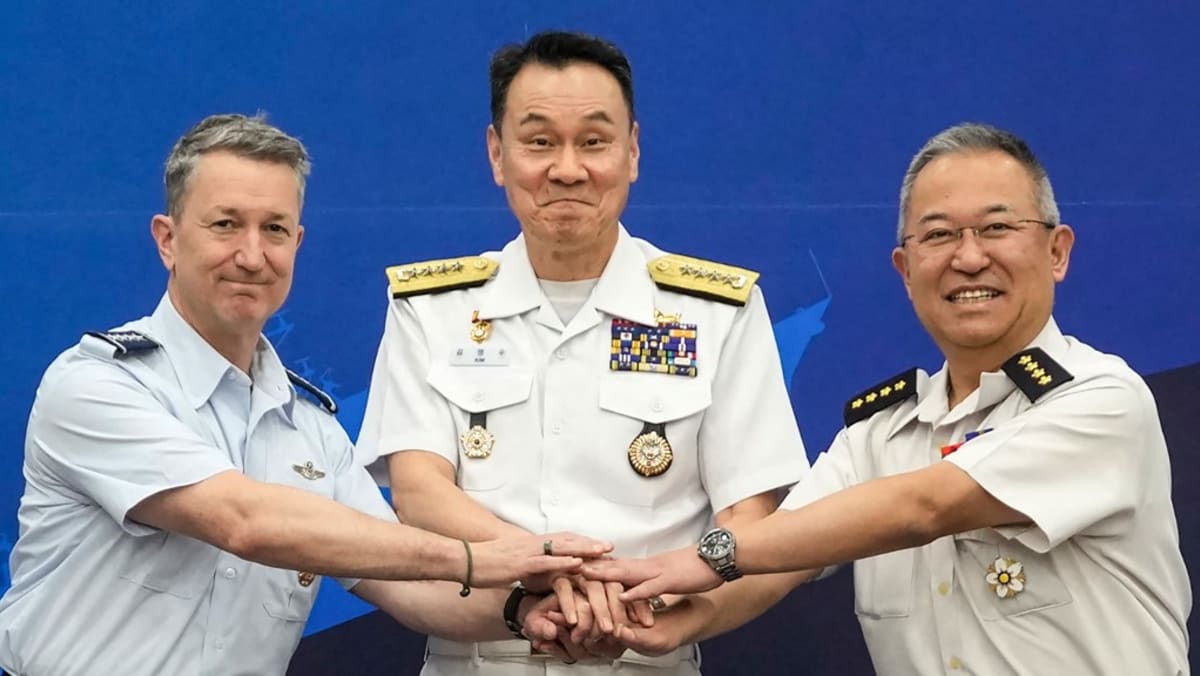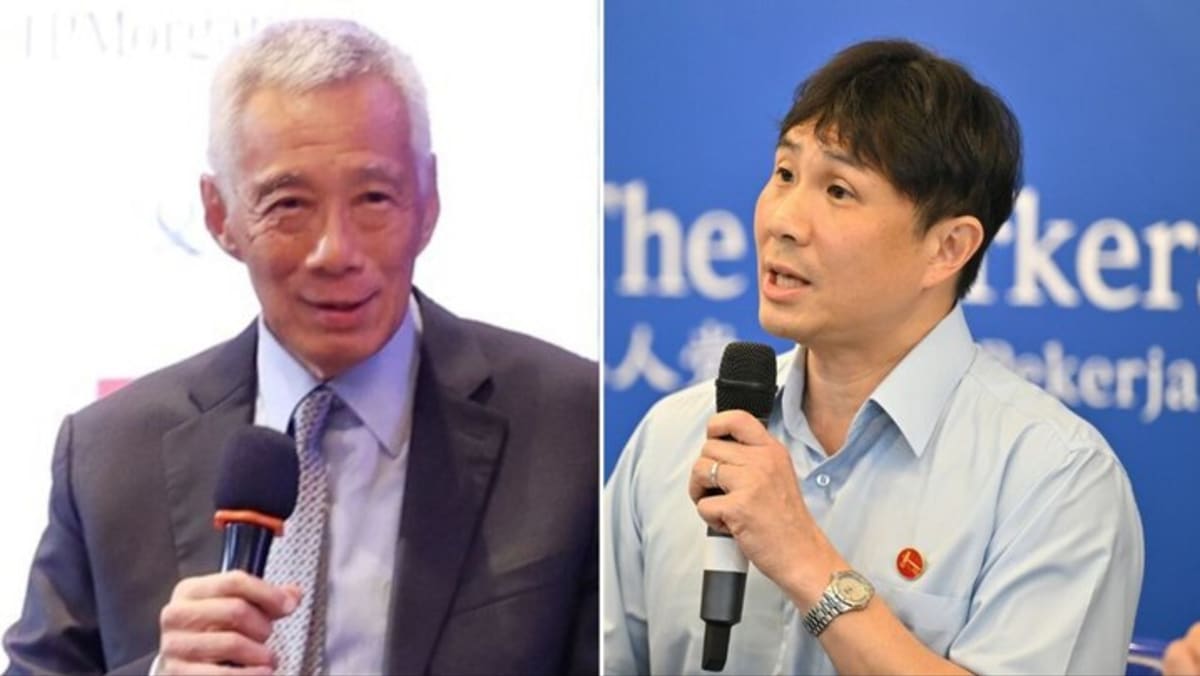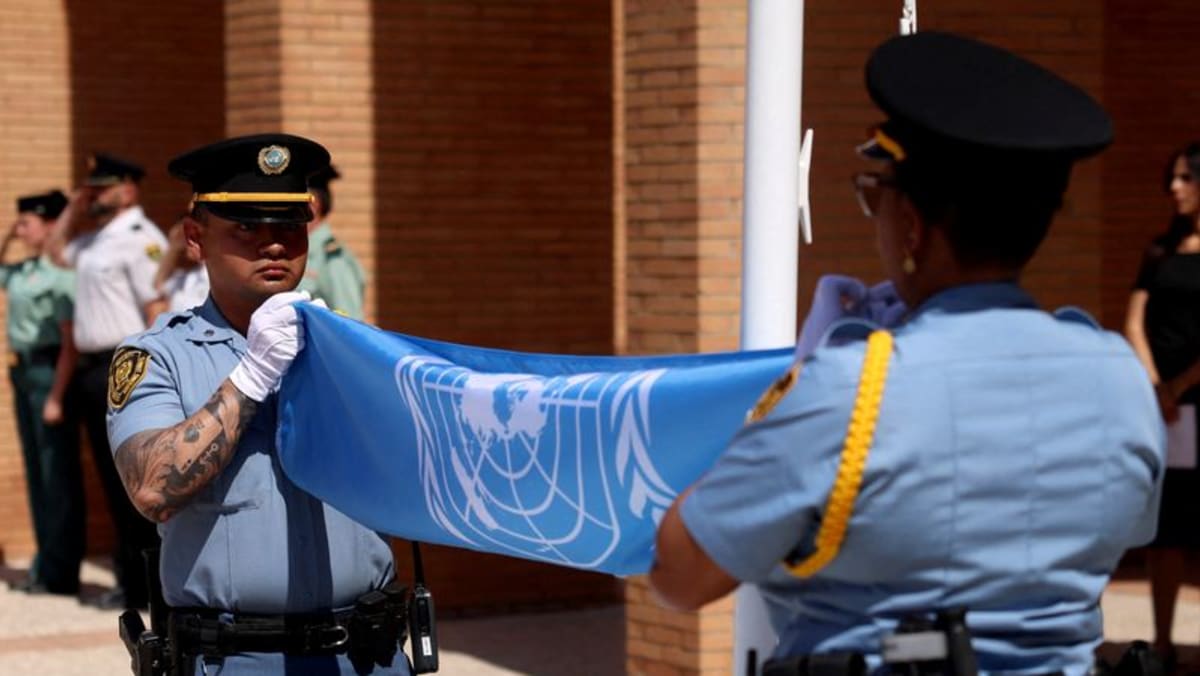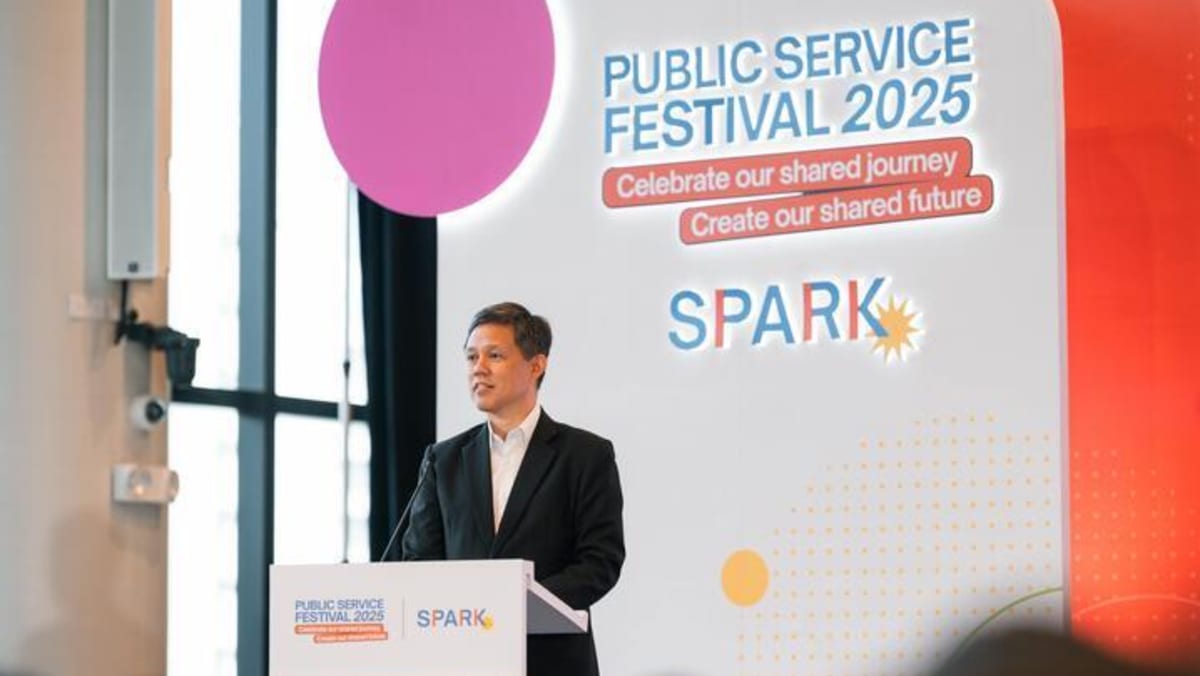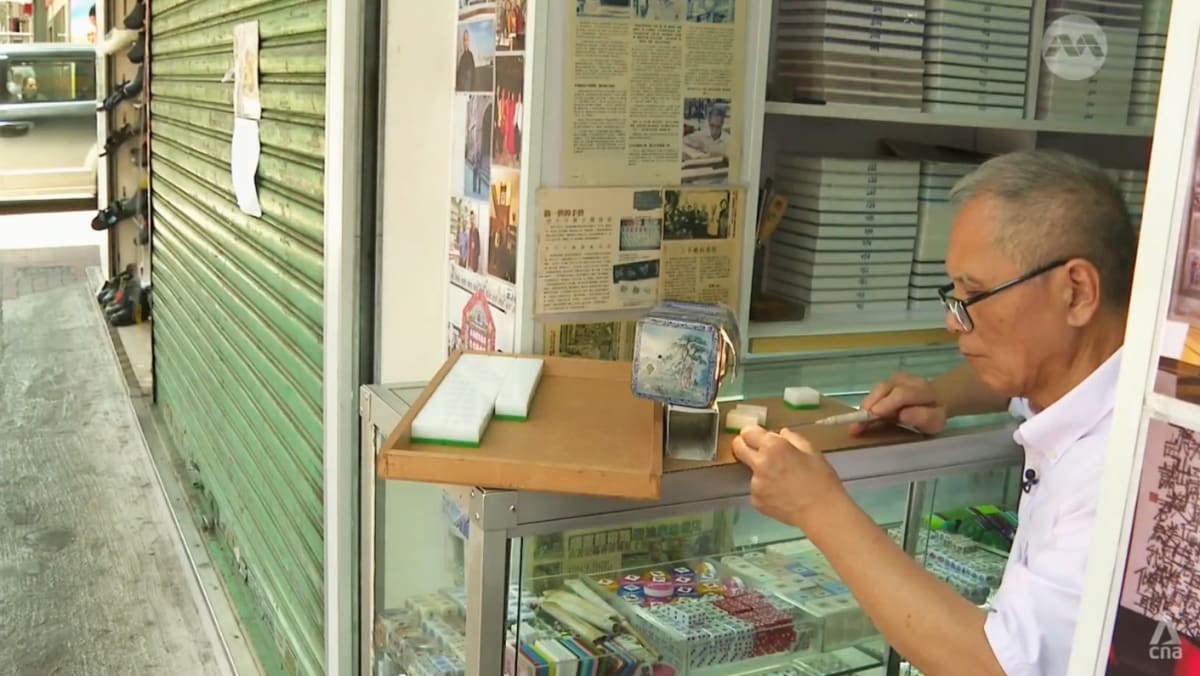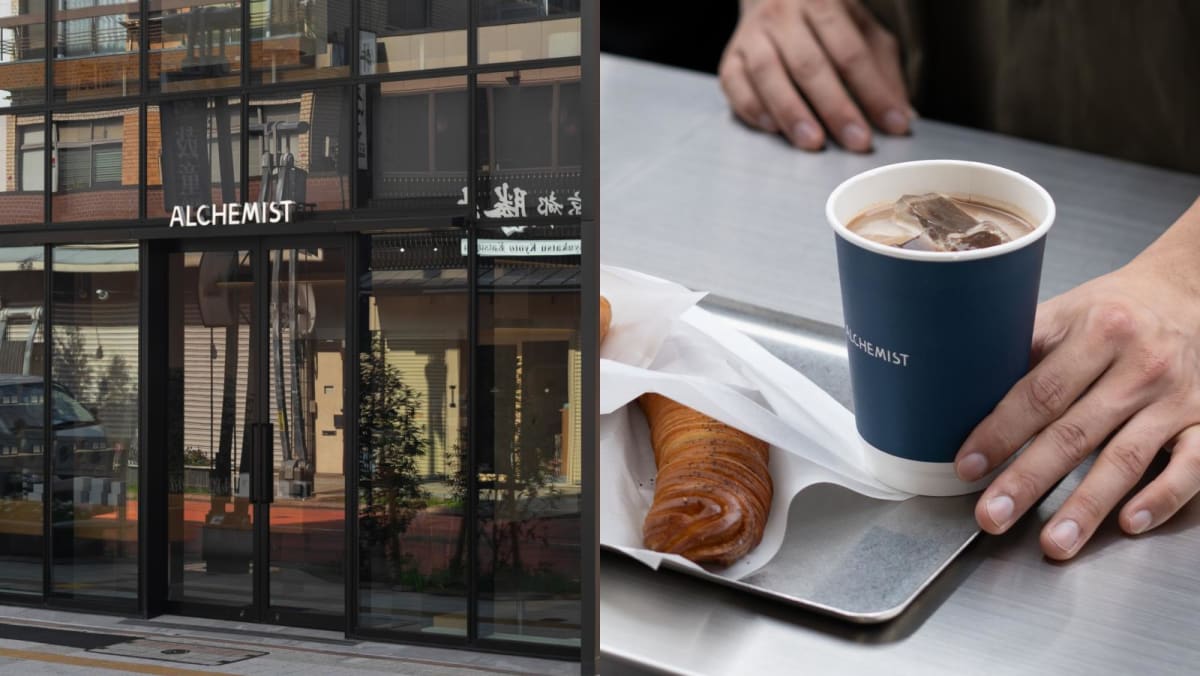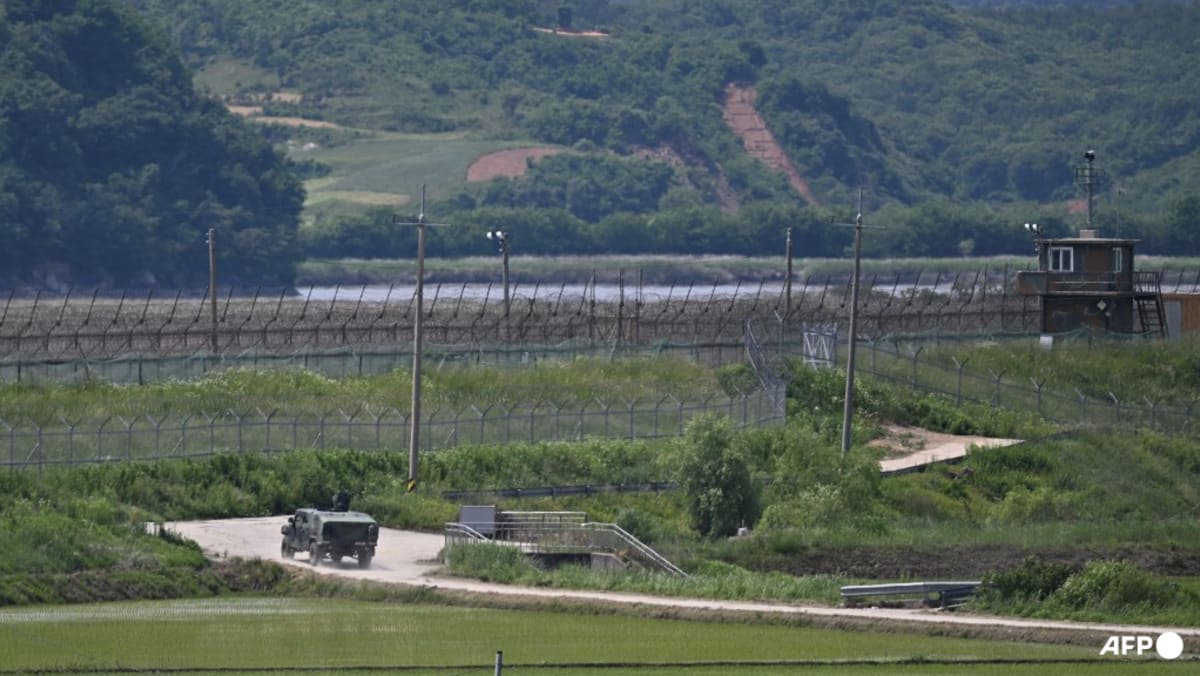Delivered in partnership with Ngee Ann Academy, the Master of Science in Clinical Nursing from King’s College London blends academic rigour with a student-centred approach – equipping nurses in Singapore to lead, teach and transform care.
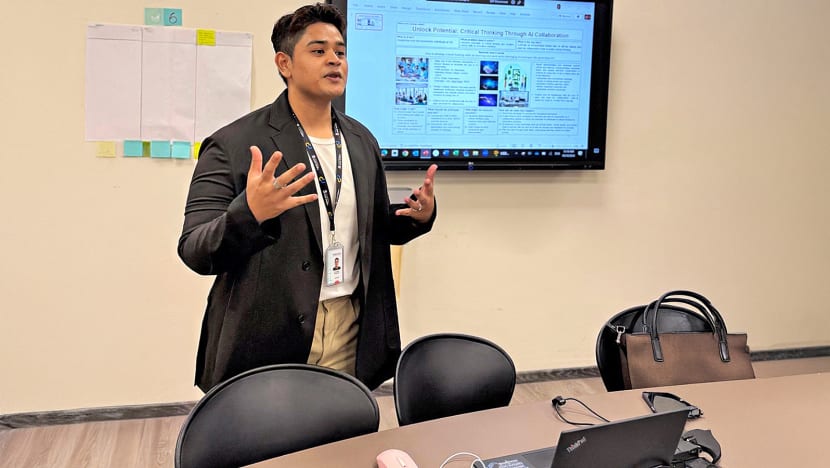
The skills he gained in research methodologies and critical appraisal at King’s College London have shaped Mr Mohamad Norisham Norzan’s work as an educator. Photo: Ngee Ann Polytechnic
New: You can now listen to articles.

This audio is generated by an AI tool.
As a clinical instructor and scrub nurse assisting in neurosurgery and emergency operations, Mr Mohamad Norisham Norzan was used to the technical precision and task-oriented nature of the operating theatre. Nursing research, he recalled, felt remote from the demands of the clinical floor.
That changed after he enrolled in the Master of Science in Clinical Nursing* at King’s College London, offered through Ngee Ann Academy (NAA). Today, as a nursing lecturer at Ngee Ann Polytechnic’s School of Health Sciences, he sees research as central to improving patient outcomes and enhancing his contribution to nursing education in Singapore.
The partnership between NAA and King’s College London began in 2017, aimed at equipping nurses in Singapore with the skills to deliver advanced care and drive innovation in healthcare. King’s College London – recently ranked first in the world for nursing by the QS World University Rankings by Subject 2025 – was chosen for its track record in nursing education.
After establishing the part-time, accredited Bachelor of Science in Nursing with Honours (Top-up), the two institutions launched the Master of Science in Clinical Nursing in 2023. The postgraduate programme is designed to help senior staff nurses in Singapore advance their careers and strengthen their leadership, research and teaching capabilities in contemporary healthcare settings.
LEADING IN NURSING INNOVATION AND EDUCATION
Healthcare systems today are increasingly complex and fast-changing, said Mr William Gage, a lecturer in adult nursing at the Florence Nightingale Faculty of Nursing, Midwifery and Palliative Care at King’s College London. Mr Gage, who has 25 years of experience in the United Kingdom’s National Health Service, noted that this evolving landscape demands confident, well-prepared healthcare leaders.
“Students who want to step into senior roles will benefit from the insights of King’s internationally recognised clinicians and academics,” he said.
Mr Norisham enrolled in the Master of Science in Clinical Nursing to deepen his grasp of clinical research, evidence-based practice and nursing knowledge – all to become a more effective educator. He said the programme’s practical focus and breadth of content have helped him bridge clinical practice and academic teaching.
“The faculty were approachable and made complex ideas easy to understand,” he said. “They drew on examples from both the UK and global healthcare settings, and related them to our own experiences, which made learning engaging.”
As the lead for the Patient Safety and Cultural Variance module in the programme, Mr Gage encourages students to examine patient safety – a relatively new field – through incidents that are relevant to their local practice.
 The fast-evolving healthcare landscape demands confident, well-prepared healthcare leaders, says Mr William Gage, a lecturer at King’s College London. Photo: King’s College London
The fast-evolving healthcare landscape demands confident, well-prepared healthcare leaders, says Mr William Gage, a lecturer at King’s College London. Photo: King’s College London
“Patient safety is about preventing avoidable harms, which is central to the provision of high-quality care,” he said. “Organisational culture plays a role in patient safety, so the module looks at how to define and foster a strong safety culture, with a focus on learning and improvement. My role is to help students question assumptions, see things differently and develop creative responses to shared healthcare challenges.”
THE VALUE OF A STUDENT-CENTRED APPROACH
As an educator, Mr Norisham found the teaching methods used by the King’s College London faculty particularly inspiring. He appreciated how lecturers encouraged critical thinking, supported reflective practice and created safe spaces for open dialogue.
“I now integrate real-world research examples into my lessons, encourage students to engage with current evidence, and mentor them in developing a research mindset,” he shared. “These skills are also valuable in quality improvement initiatives and collaborative research projects that can advance nursing practice in Singapore.”
Mr Norisham, who made the shift from clinical practice to teaching while completing his studies, said the programme’s flexible structure allowed him to balance coursework with his work schedule. Lectures, readings and discussions could be accessed at convenient times.
Mr Gage explained that the programme uses a flipped learning model. Students engage with learning materials independently online, while in-person sessions are used to deepen understanding and encourage discussion.
“This balance of flexibility and academic rigour is what makes the King’s College London programme ideal for working professionals,” Mr Norisham noted. “It respects the realities of clinical and academic work, while still challenging you to grow and excel.”
DISCOVERING NEW INSIGHTS AND GLOBAL NETWORKS
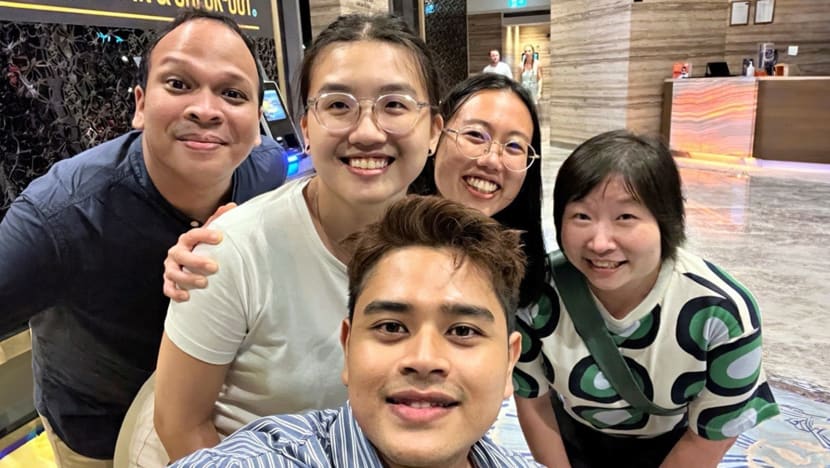 Mr Norisham (centre) with coursemates from the MSc in Clinical Nursing, offered by King’s College London through Ngee Ann Academy. Photo: Mohamad Norisham Norzan
Mr Norisham (centre) with coursemates from the MSc in Clinical Nursing, offered by King’s College London through Ngee Ann Academy. Photo: Mohamad Norisham Norzan
As part of his degree, Mr Norisham completed a dissertation examining the viability of establishing a Registered Nurse First Assistant role in Singapore – a perioperative registered nurse who works closely with surgical teams.
The skills he gained in research methodologies and critical appraisal have since shaped his work as an educator. He developed a tutorial activity for the Introduction to Nursing Research module at Ngee Ann Polytechnic, guiding students to apply the PICO framework – patient, intervention, comparison and outcome – to real clinical scenarios.
He also collaborated with colleagues to design a simulation scenario that integrates clinical reasoning with evidence-based interventions for acute coronary symptoms and cardiac resuscitation.
During the programme, Mr Norisham presented Ngee Ann Polytechnic’s use of technology and simulation in nursing education at an international conference. He also connected with diverse healthcare professionals, from senior staff nurses to institutional leaders.
“These experiences have shown me the power of networking – not just for personal growth, but for advancing nursing education on a broader scale,” he said. “The global community I’ve joined continues to inspire and challenge me. Whether you’re a clinical nurse, educator or aspiring leader, I’d encourage you to consider postgraduate studies with Ngee Ann Academy and King’s College London.”
Ngee Ann Academy wishes all nurses in Singapore a happy Nurses’ Day – and invites those looking to take the next step in their careers to explore further study with King’s College London.
*The course is not accredited by the Singapore Nursing Board (SNB) and does not lead to certification as an Advanced Practice Nurse (APN). Only Master of Nursing programmes that lead to APN certification require SNB accreditation^.
^Source: SNB



